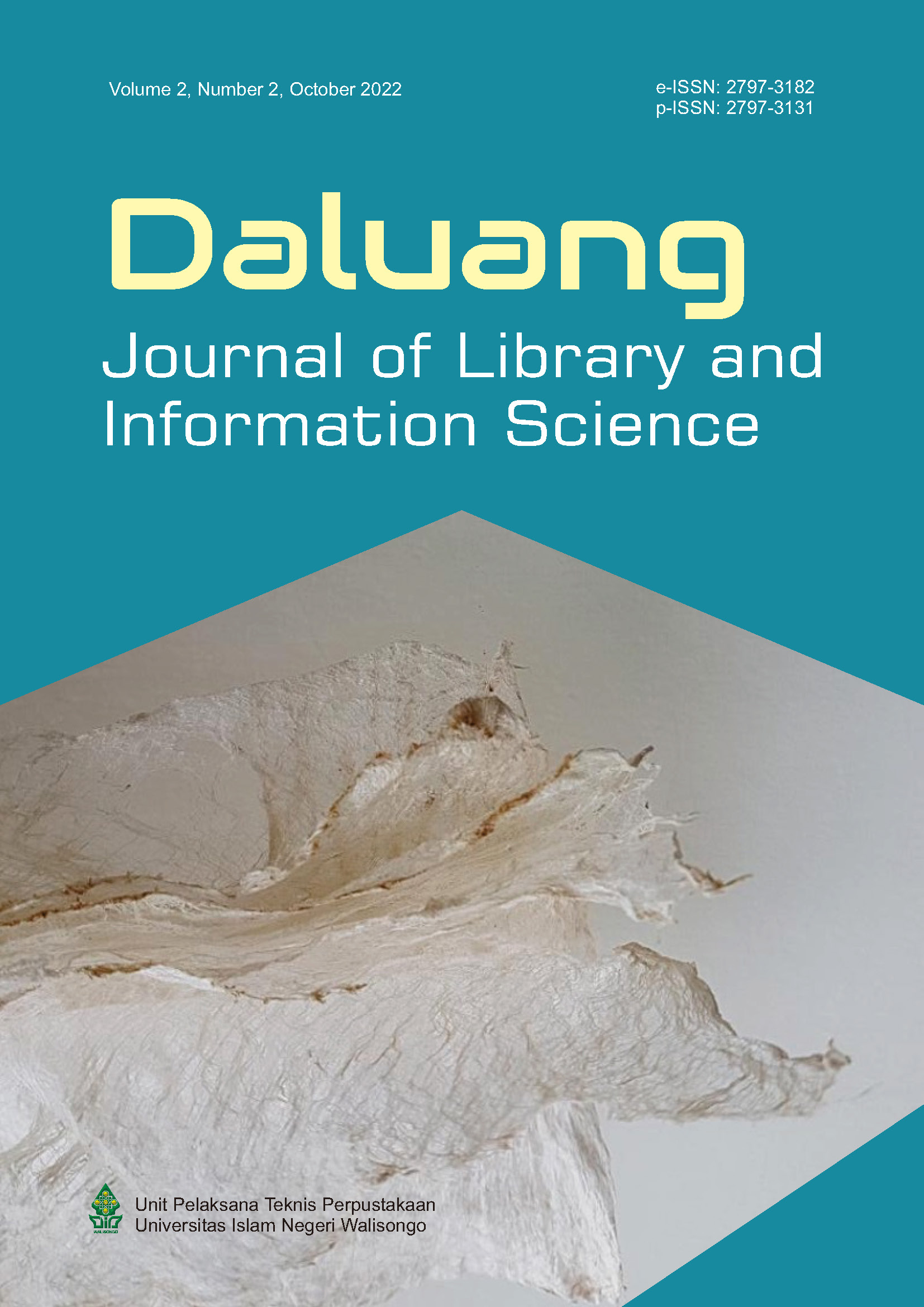Analisis bibliometrik perkembangan potensi energi baru dan terbarukan di Indonesia menggunakan R Biblioshiny dan VosViewer
Main Article Content
Abstract
Introduction. Indonesia is one of the countries that has the highest potential for clean and renewable energy in the world. Indonesia's renewable energy potential includes geothermal, hydro and micro-mini hydro, bioenergy, solar, wind and ocean waves. To find out this potential, a bibliometric analysis was carried out on the development of new and renewable energy potential in Indonesia.
Methodology. Data on the development of new and renewable energy potential is taken from the Scopus database. Data retrieval was carried out through a search with the keyword criteria used were renewable energy OR potential of new renewable energy OR implementation of new renewable energy OR geothermal OR biofuel OR biogas OR biomass OR solar panels AND Indonesia earth radiation OR. The analysis of this study uses R bibliophagy and Vos Viewer.
Results and discussion. The results show that the highest annual publication trend will occur in 2021. The largest number of citations for new and renewable energy publications in Indonesia is Biodiversity with a total of 74 publications and 250 citations. The Journal of the Meteorological Society of Japan is a widely used publication source for publish research results on new and renewable energy. Pambudi, N.A. is a researcher who conducts the most research on geothermal energy (geothermal). Keywords that are often used are biomass, geothermal, biogas, biodiesel and biofuel.
Conclusion. It was concluded that biomass, geothermal systems, renewable energy, alternative energy and energy policy were the most studied topics.
Downloads
Article Details
This work is licensed under a Creative Commons Attribution-NonCommercial-NoDerivatives 4.0 International License.
Articles published in Daluang Journal of Library and information Science are available under Creative Commons Attribution Non-Commercial No Derivatives Licence (CC BY-NC-ND 4.0). Authors retain copyright in their work and grant Daluang Journal of Library and information Science right of first publication under CC BY-NC-ND 4.0. Users have the right to read, download, copy, distribute, print, search, or link to the full texts of articles in this journal, and to use them for any other lawful purpose.
Articles published in Daluang Journal of Library and information Science can be copied, communicated and shared in their published form for non-commercial purposes provided full attribution is given to the author and the journal. Authors are able to enter into separate, additional contractual arrangements for the non-exclusive distribution of the journal's published version of the work (e.g., post it to an institutional repository or publish it in a book), with an acknowledgment of its initial publication in this journal.
This copyright notice applies to articles published in Daluang Journal of Library and information Science volumes 1 onwards.
References
Azhar, M., & Satriawan, D. A. (2018). Implementasi Kebijakan Energi Baru dan Energi Terbarukan Dalam Rangka Ketahanan Energi Nasional. Administrative Law and Governance Journal, 1(4), 398–412. https://doi.org/10.14710/alj.v1i4.398-412
Hayati, N. (2016). Citation Analisis as a Tool of Library Collections Evaluation. Record and Library Journal, 2(1), 1. https://doi.org/10.20473/rlj.v1i3.2123
Madsuha, A. F., Setiawan, E. A., Wibowo, N., Habiburrahman, M., Nurcahyo, R., & Sumaedi, S. (2021). Mapping 30 years of sustainability of solar energy research in developing countries: Indonesia case. Sustainability (Switzerland), 13(20). https://doi.org/10.3390/su132011415
Mao, G., Zou, H., Chen, G., Du, H., & Zuo, J. (2015). Past, current and future of biomass energy research: A bibliometric analysis. Renewable and Sustainable Energy Reviews, 52, 1823–1833. https://doi.org/10.1016/j.rser.2015.07.141
Marlina, E. dan Kusumaningrum, D. (2017). Analisis karakteristik literatur yang disitir dalam artikel jurnal ilmiah Indonesia. BACA; Jurnal Dokumentasi Dan Informasi, 38(2), 143–155.
Peraturan Pemerintah Nomor 79 Tahun 2014 tentang Kebijakan Energi Nasional (KEN), 2014.
Dewan Energi Nasional. (2019). Outlook Energi Indonesia 2019. Jakarta: Sekretariat Jenderal Dewan Energi Nasional.
Soegoto, H., Soegoto, E. S., Luckyardi, S., & Rafdhi, A. A. (2022). A Bibliometric Analysis of Management Bioenergy Research Using Vosviewer Application. Indonesian Journal of Science and Technology, 7(1), 89–104. https://doi.org/10.17509/ijost.v7i1.43328
Wisudawati, N. dan Fijra, R. (2021). Analisis Efektivitas Penggunaan Energi Baru Dan Terbarukan Di Provinsi Sumatera Selatan Guna Mendukung REUN 202. Integrasi Jurnal Ilmiah Teknik Industri, 6(1), 1–9.
Yu, D., & Meng, S. (2018). An overview of biomass energy research with bibliometric indicators. Energy and Environment, 29(4), 576–590. https://doi.org/10.1177/0958305X18756304



